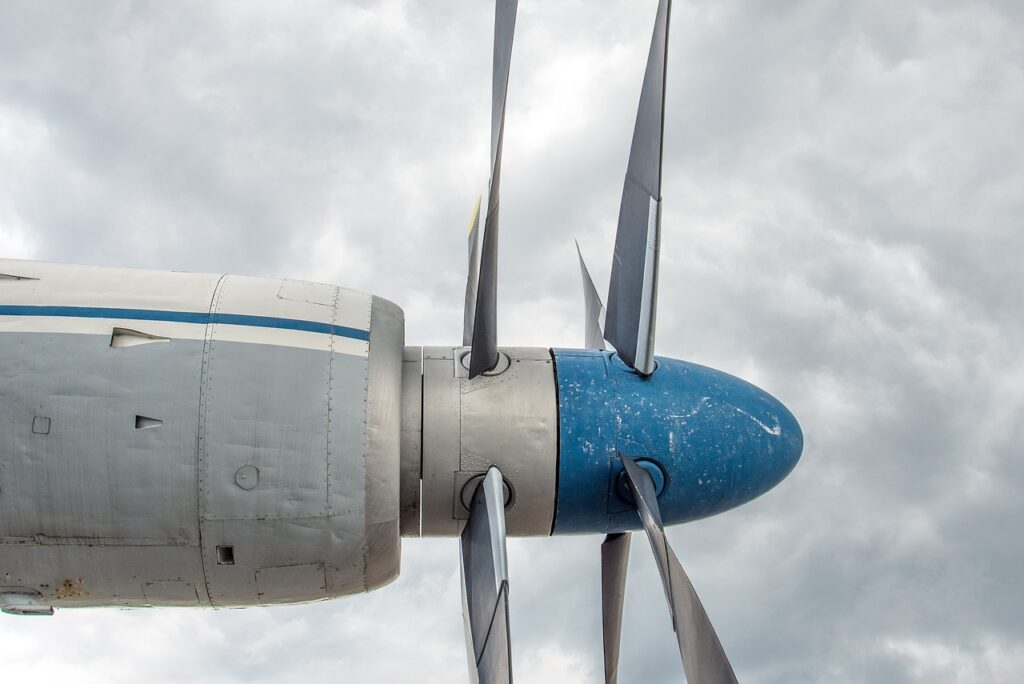Led by Mathias Andriamisaina, head of ZEROe demonstrators and testing, Airbus aims to select a propulsion system for its ZEROe hydrogen aircraft by 2026–2027, heralding a new era of zero-emission flight.
The crux of Airbus’s endeavor lies in choosing between two primary technological pathways: hydrogen combustion in aviation turbines or utilizing fuel cells for energy generation. While hydrogen combustion offers a lightweight solution with seamless integration into existing aircraft designs, fuel cell technology presents enhanced efficiency in hydrogen utilization.
Andriamisaina emphasizes the importance of achieving Technology Readiness Level (TRL) 6, involving real-world validations, before the planned launch of the hydrogen aviation program in 2028–29. Airbus envisions commercial service of its hydrogen-powered aircraft by 2035, setting a robust timeline for technological maturation and deployment.
Airbus’s commitment extends beyond aircraft development to fostering a comprehensive hydrogen ecosystem. Through meticulous aircraft configuration studies, flight demonstrations, and technology maturation efforts, Airbus aims to lay the groundwork for a seamless transition to hydrogen-powered aviation.
With a focus on passenger comfort and operational efficiency, Airbus targets aircraft with capacities ranging from 100 to 200 seats and maximum ranges spanning 1,000 to 2,000 nautical miles. The manufacturer explores both turboprop and turbofan powertrains, leveraging hybridization technologies to optimize performance.
Airbus’s journey towards hydrogen propulsion includes large-scale demonstrations of turbines and fuel cell systems. Recent milestones include the successful testing of the 1.2 MW ‘Iron pod’ fuel cell and electric turbine, signaling tangible progress towards hydrogen-powered flight.
Scheduled aircraft trials featuring hydrogen combustion turbines and liquid hydrogen storage systems are slated for late 2026, with anticipated durations of up to two years. Airbus is poised to develop a robust hydrogen support ecosystem, encompassing testing and commercial operations, post-product launch.
